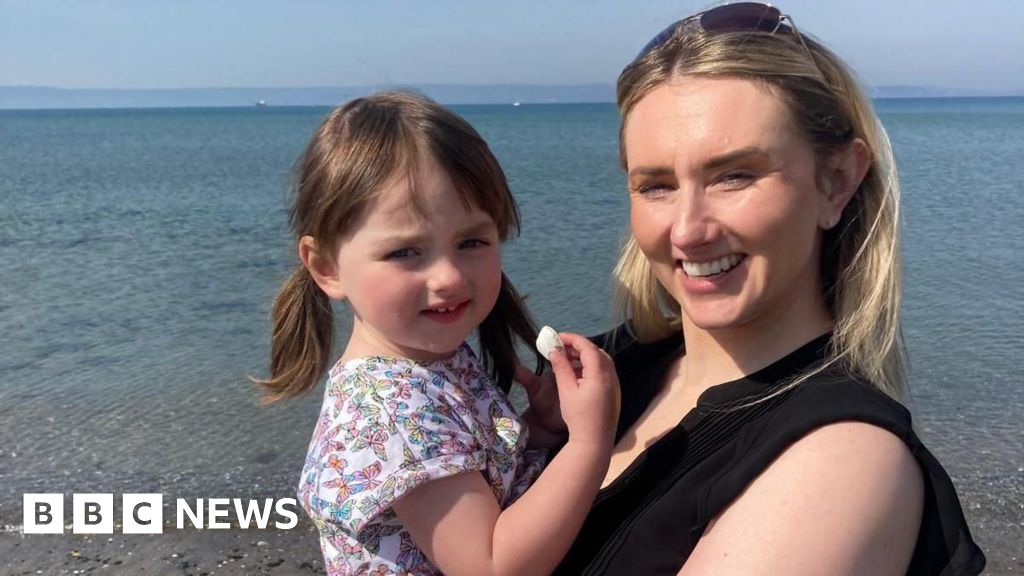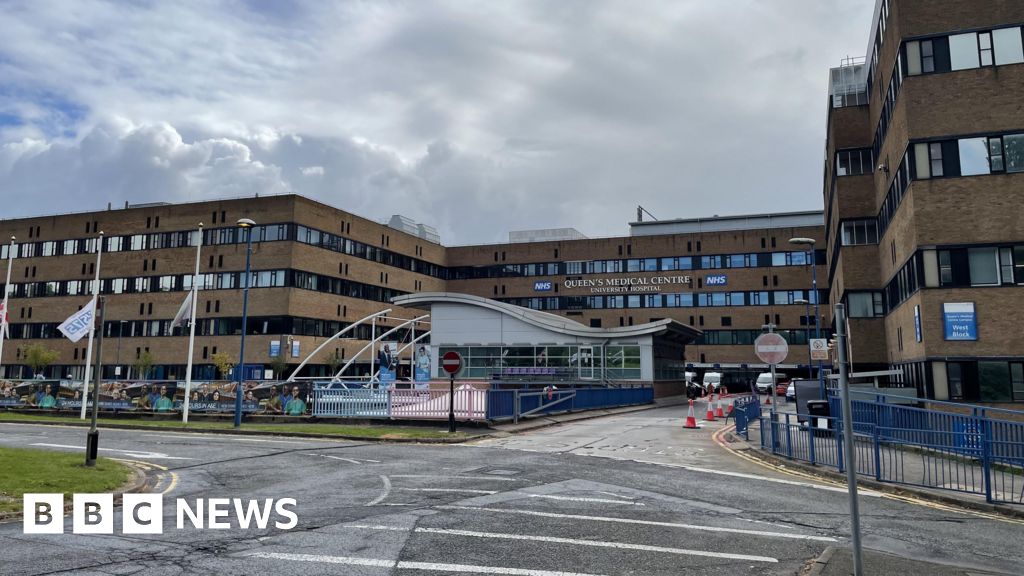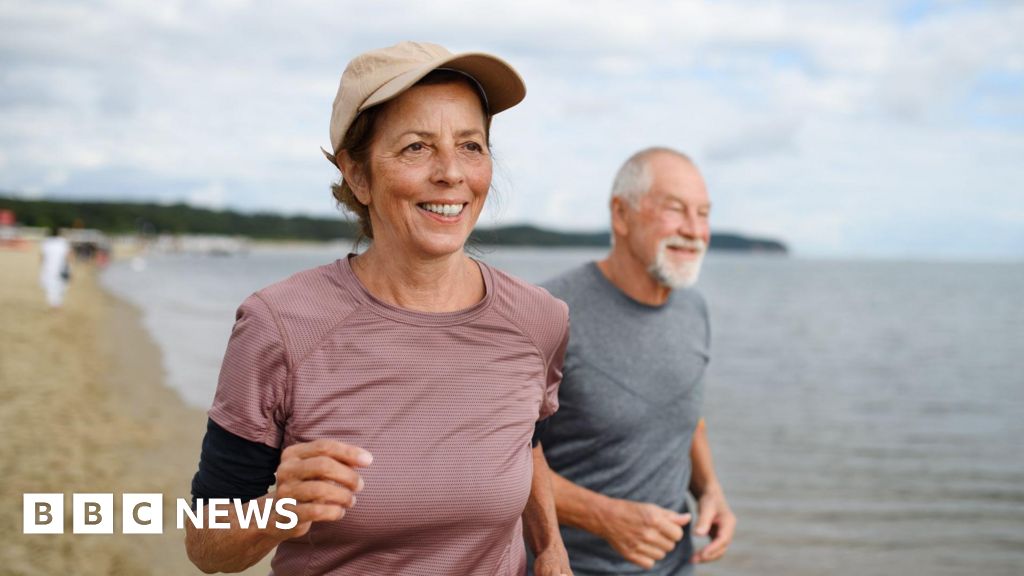ARTICLE AD BOX
Image source, Getty Images
Image caption,Women have been able to take both doses of abortion pill at home since the pandemic, rather than one
At-home medical abortions will continue in Scotland as standard practice, the Scottish government has confirmed.
Since the pandemic, women have been able to take the two doses of medication required to terminate a pregnancy in their own homes, following a phone consultation.
Women's Health Minister Maree Todd has now confirmed the model will continue.
Earlier this week, the Scottish government said it would not take a final decision on making the scheme permanent until the autumn.
On Thursday, Ms Todd said: "We have seen that current arrangements for early medical at-home abortions (Emah) have helped access to abortion to continue without delays during the pandemic.
"I am satisfied that current arrangements should continue so today I am confirming that the provision of these services will continue as part of the standard treatments available within our NHS, when clinically appropriate.
"As with all treatment in the NHS, we will continue to monitor its outcomes and any findings of the ongoing expert evaluation being carried out by health professionals and researchers."
'Services remain safe'
The chief medical officer said the emergency arrangements, adopted in March 2020, allowed patients to take both abortion medications, mifepristone and misoprostol, at home. It meant that women would not be prevented from accessing abortion at a time when coronavirus was a serious threat to public health.
Prof Sir Gregor Smith said: "Our primary concern is that services remain both safe and meet the needs of patients. That's why we will ensure that any lessons from the ongoing evaluation of Emah by NHS Lothian, NHS Greater Glasgow & Clyde, and the universities of Edinburgh and Glasgow are reflected in the future."
The British Pregnancy Advisory Service said the treatment was safe and led calls for ministers to act.
Dr Patricia Lohr, BPAS medical director, said research found "overwhelming support" for the telemedical model.
She said: "They talked about it as being convenient, it enhanced their privacy, it meant that they were more in control about the timing and place of the abortion and, of course, it was more comfortable for them to have their abortion in the home environment."
Image source, Getty Images
Image caption,Women's Health Minister Maree Todd said she would issue revised approval for both pills to be taken at home
However, the Society for the Protection of Unborn Children (SPUC) condemned the policy and said it amounted to "state-sponsored backstreet abortion".
Maree Todd will soon issue a revised approval under section 1(3A) of the Abortion Act 1967 to allow mifepristone to continue to be taken at home in Scotland where this is considered clinically appropriate. This will no longer be reliant on whether the coronavirus is considered a serious and imminent threat to public health.
During First Minister's Questions on Thursday, Nicola Sturgeon was asked to support an emergency summit on abortion healthcare in response to anti-abortion rights action around the world.
The first minister replied that women had the right to access abortion without fear or intimidation and she told anti-abortion campaigners to protest outside the parliament, not outside hospitals.
She said her government was actively considering the introduction of buffer zones.
"I am very happy to convene and indeed I will personally chair a round-table summit to discuss buffer zones and indeed any other matters that need to be addressed to ensure safe access to abortion services in Scotland within the current law," she said.

 3 years ago
46
3 years ago
46








 English (US) ·
English (US) ·